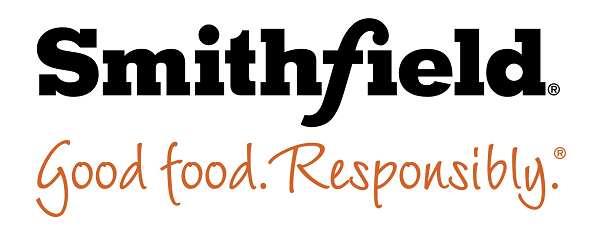
A North Carolina administrative law judge has rejected a challenge to a general permit issued by the North Carolina Department of Environmental Quality (DEQ) authorizing the construction and operation of methane digesters for animal waste management.
The judge held that the permit was lawfully issued in accordance with specific directives from the North Carolina General Assembly.
The Environmental Justice Community Action Network and Cape Fear River Watch brought the legal action, which sought to require DEQ to consider “alternative technologies” in issuing the permit for anaerobic digesters.
Smithfield’s digesters produce clean, low-carbon, renewable natural gas (RNG) by capturing methane emissions from hog lagoons. These projects reduce greenhouse gas emissions (GHG), reduce flooding and provide diversified income streams for family farmers. The North Carolina General Assembly and Governor Roy Cooper called for such biogas projects in the state’s Clean Energy Plan.
“This is a huge victory for hog farmers who are adopting innovative technologies to protect the environment,” said Stewart Leeth, chief sustainability officer for Smithfield Foods. “Our biogas projects produce low-carbon RNG and represent a substantial financial commitment to transform the future of clean energy and sustainable agriculture and improve the quality of life in surrounding communities.
“It defies logic that these environmental groups, which initially supported and encouraged digesters and covered lagoons, would attack Smithfield’s voluntary efforts to produce clean, renewable energy and enhance water and air quality in North Carolina.”
Smithfield, which also annually contributes $2 million to the State of North Carolina for environmental enhancements, has invested tens of millions of dollars in clean energy technology, including RNG projects, as part of its goal to reduce greenhouse gas emissions by 30% and become carbon negative in its company-owned operations by 2030.
The judge’s final decision is available here.





